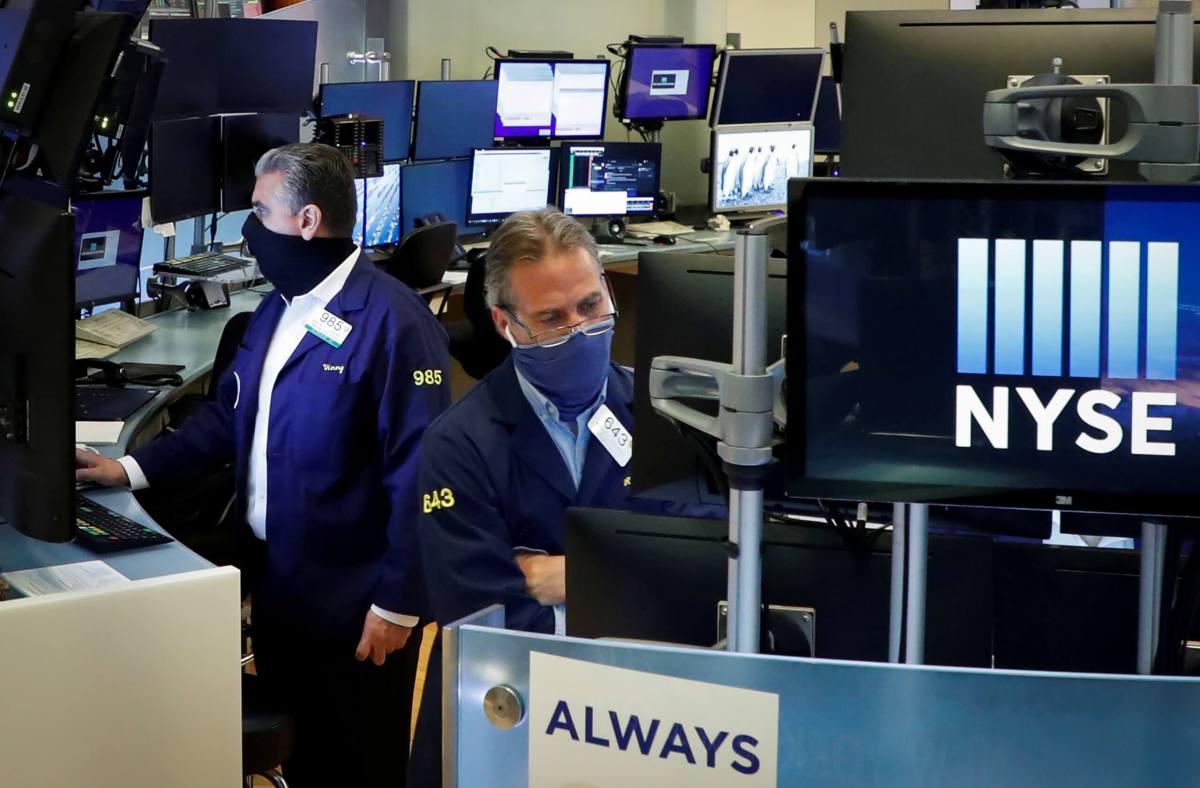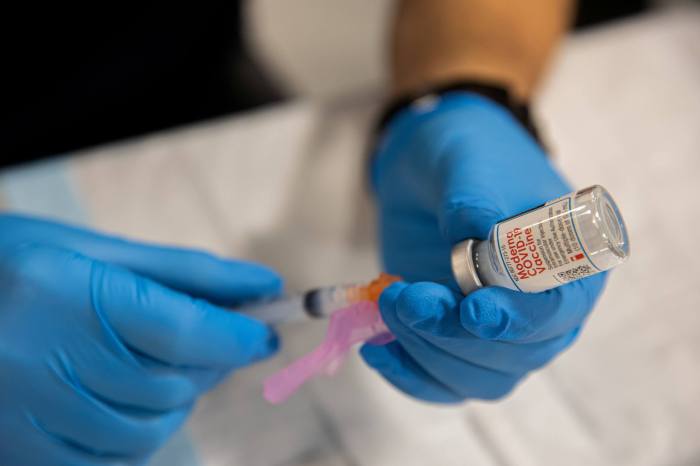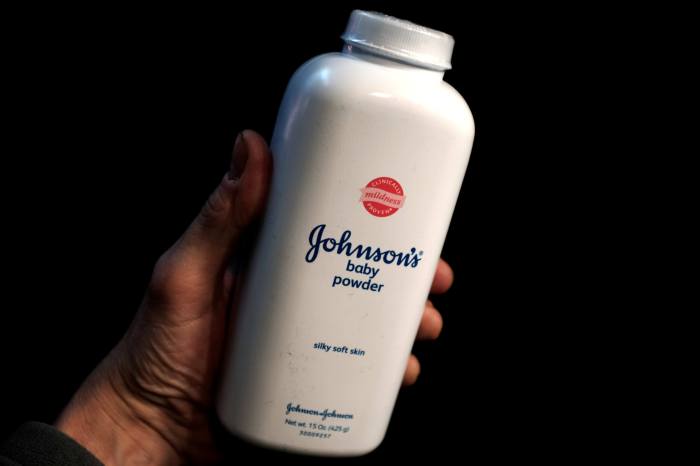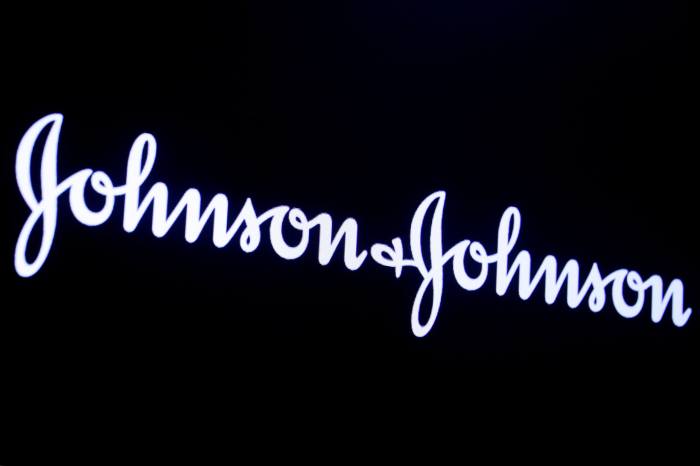By Chuck Mikolajczak, Reuters
U.S. stock indexes slumped on Friday as investors gauged the efficacy data of Johnson & Johnson’s COVID-19 vaccine, while a standoff between Wall Street hedge funds and small, retail investors contributed to volatility.
Johnson & Johnson fell 3.67% as one of the biggest weights on both the Dow and S&P500 after the drugmaker said its single-dose vaccine was 72% effective in preventing COVID-19 in the United States, with a lower rate of 66% observed globally.
The results compare to the high bar set by two authorized vaccines from Pfizer Inc/BioNTech SE and Moderna Inc, which were around 95% effective in preventing symptomatic illness in key trials when given in two doses. Moderna shares climbed 7.97% while Pfizer Shares were little changed.
Worries of a short squeeze that began earlier in the week resurfaced after an army of retail investors returned to trade shares in stocks such as GameStop Corp and Koss Corp, which shot higher after brokers including Robinhood eased some of the restrictions they had placed on trading.
“Until we see volatility start to come down tells us there is still a lot of stress in the system just from the unwind of some of these positions,” said Rob Haworth, senior investment strategist at U.S. Bank Wealth Management in Seattle.
“The catalyst was obviously stress across the system as we think about volatility and pressure on some of the hedge funds to start the week and there has been some follow through, and we don’t really have great catalysts to drive us higher just yet.”
The U.S. Securities and Exchange Commission said it was closely monitoring any potential wrongdoing, to both brokerages and social media traders.
The Dow Jones Industrial Average fell 563.08 points, or 1.84%, to 30,040.28, the S&P 500 lost 70.25 points, or 1.85%, to 3,717.13 and the Nasdaq Composite dropped 273.62 points, or 2.05%, to 13,063.54.
All the three main indexes tracked their biggest weekly fall since the end of October and the Dow and S&P has both fallen below their 50-day moving averages, seen as a technical support level.
Market participants have speculated that volatility caused by the short squeezes have led to investor favorites including Apple Inc coming under pressure as hedge funds sell to cover billions of dollars in losses.
Apple shares lost 4.03% while Microsoft fell 2.46%.
Still while concerns about rising COVID-19 cases and bumpy vaccine rollouts kept investors leery about a pullback and an increase in volatility in the near-term, the start to quarterly earnings has eased some concern about stretched stock valuations.
Of the 184 companies in the S&P 500 that have reported earnings through Friday morning, 84.2% have topped analyst expectations, well above the 75.5% beat rate for the past four quarters, according to Refinitiv data.
Honeywell International fell 3.5% after it posted a 13% fall in quarterly profit.
The first known U.S. cases of the South African COVID-19 variant, found to be partly resistant to current vaccines and antibody treatments, was detected in South Carolina on Thursday.
Data showed U.S. labor costs rose more than expected in the fourth quarter amid a jump in wages, supporting views that inflation could accelerate this year, while another report showed U.S. consumer spending fell for a second straight month in December.
Declining issues outnumbered advancing ones on the NYSE by a 3.73-to-1 ratio; on Nasdaq, a 2.95-to-1 ratio favored decliners.
The S&P 500 posted 7 new 52-week highs and no new lows; the Nasdaq Composite recorded 59 new highs and 13 new lows.



































